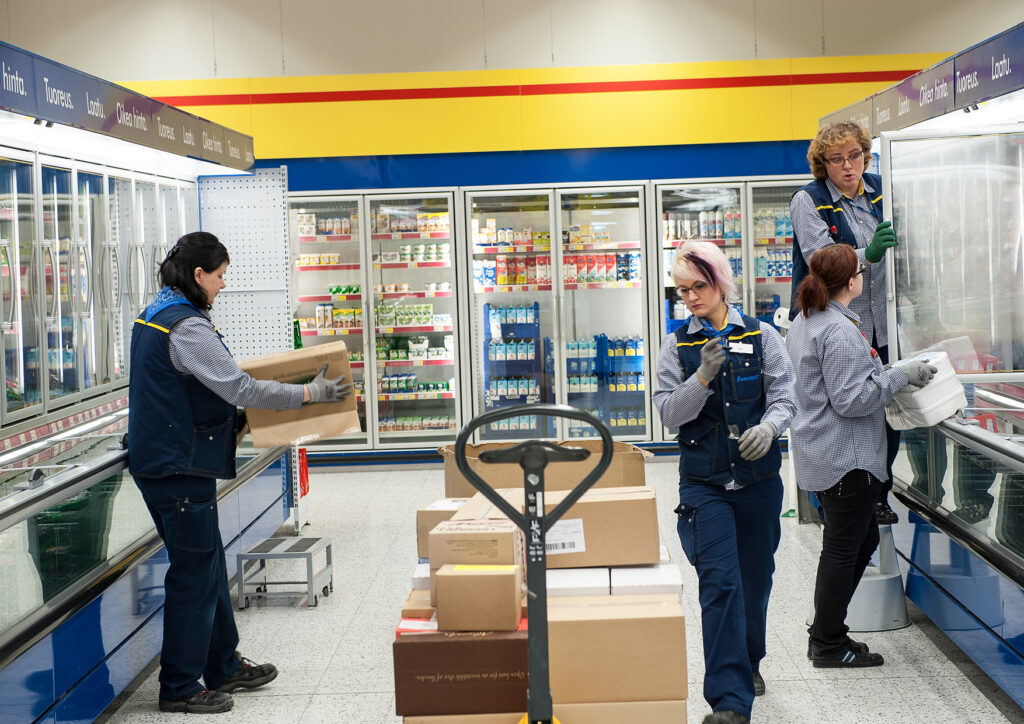Finland is one of most cooperative countries in the world, with almost 4 million cooperative members out of a total population of 5.4 million. Over 1.9 million of them are members of the Suomen Osuuskauppojen Keskuskunta (SOK) Corporation, also known as the S Group, a union of 22 regional retail and service cooperatives. The S Group has 1,697 outlets, including four supermarket chains, service stations, hotels, restaurants and car dealerships, with an international reach into other Baltic countries and Russia. With sales in 2012 of 12 billion euros, up 5% from the previous year, and a market share of 45%, the S Group is clearly in a strong position. But its path has not always been smooth.
“We have had our ups and downs,” says Anne Santamäki, the Director of International Relations for the SOK Corporation. When the corporation was originally founded, in 1904, Finland was part of Russia and very poor. The cooperative concept was spreading rapidly in the country, as it offered much-needed rural sales outlets and the promotion of financial equality. “Cooperatives grew fast, and were strong until the 1950s,” explains Santamäki. “Then, as in the rest of Europe, people began moving from the countryside to the towns. We had really big troubles until the 1990s, with our market share falling to 15.9% at its lowest.”
In the 1980s, the group realized that major structural changes were necessary. It closed many of its rural outlets and its industries and instead returned to a focus on its customer-members. The current network of regional cooperatives was established, and in just a few years the Group had moved from being on the verge of financial collapse to profitability. Around the end of the 1990s, the first cooperatives launched the “Bonus” system, which became nationwide in 1994.
Under the Bonus system, when cooperative members use their “S-Etukortti” membership card when making purchases in S Group outlets, they receive back a Bonus of between 1% and 5% of the money spent, which is paid into an account held with the S-Pankki, the group’s bank. Last year, 420 million euros were returned to cooperative members.
Growth in the past two decades has been intense, with the bank opening in 2007, expansion into hotels and supermarkets in Estonia, Latvia, Lithuania and Russia since 2003 and e-commerce developments like the Poimuri music downloading service and the Agrinet online shop for farm supplies. Where to go next?
According to Santamäki, the Group had been in the process of updating its media and marketing strategy. Despite – or maybe because of – the saturation of cooperatives in the country, “the word cooperative doesn’t mean anything in Finland, that’s our problem,” she said. From village shops and production plants – including a knittery, a brush factory and a chicory factory – in the early 20th century to international chains of hotels, 24-hour service stations and an online bank, the last 100 years have seen dramatic changes in the business. But to stay competitive in the 21st-century global marketplace, a return to its roots as a cooperative could be its best strategy.



